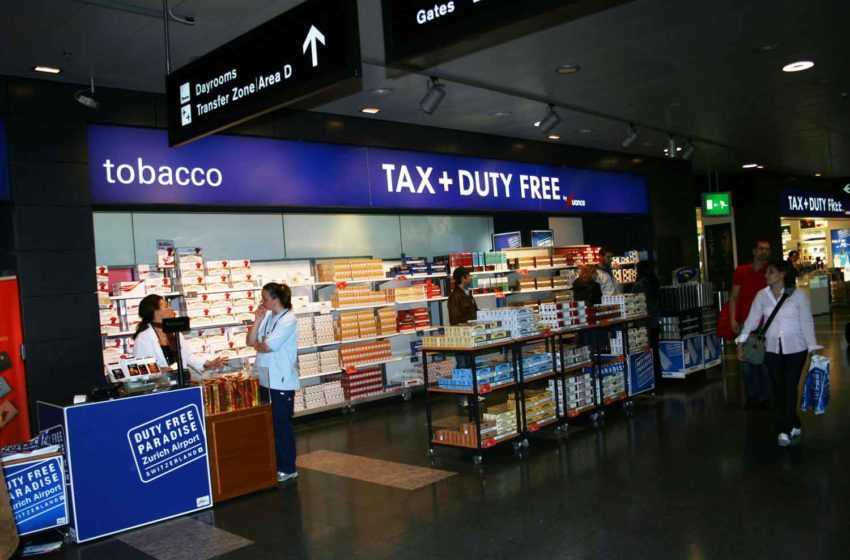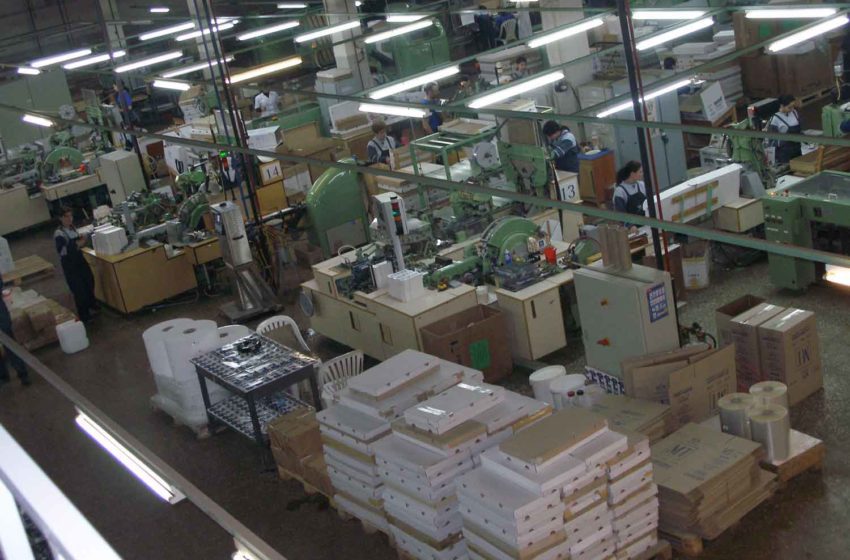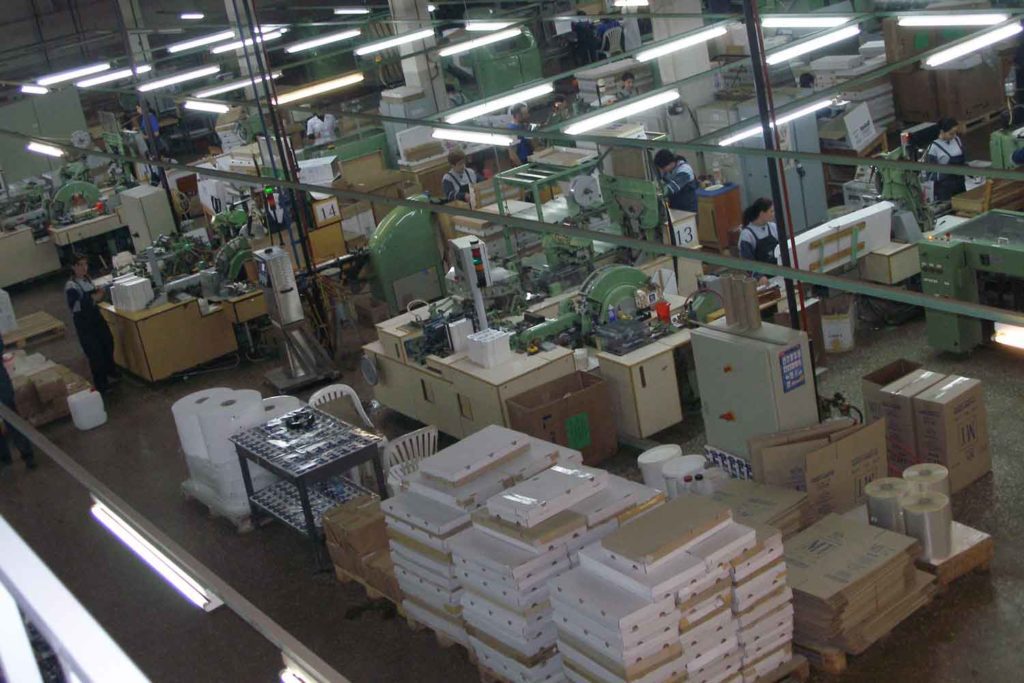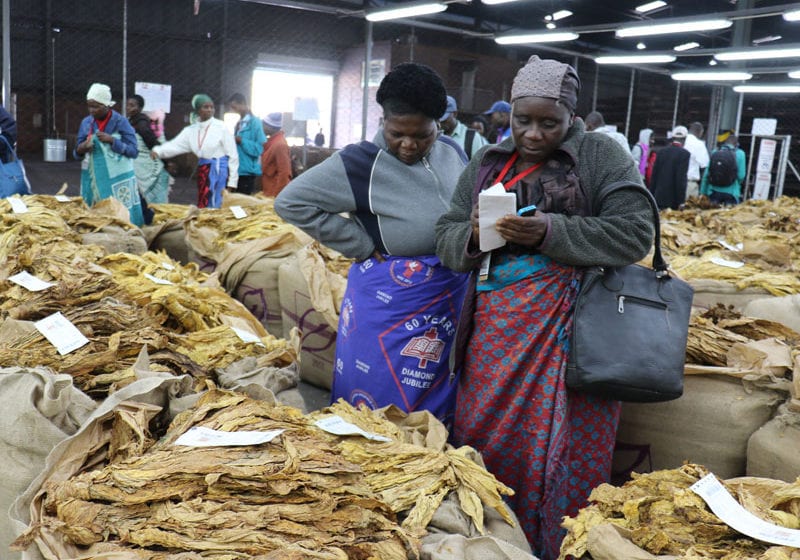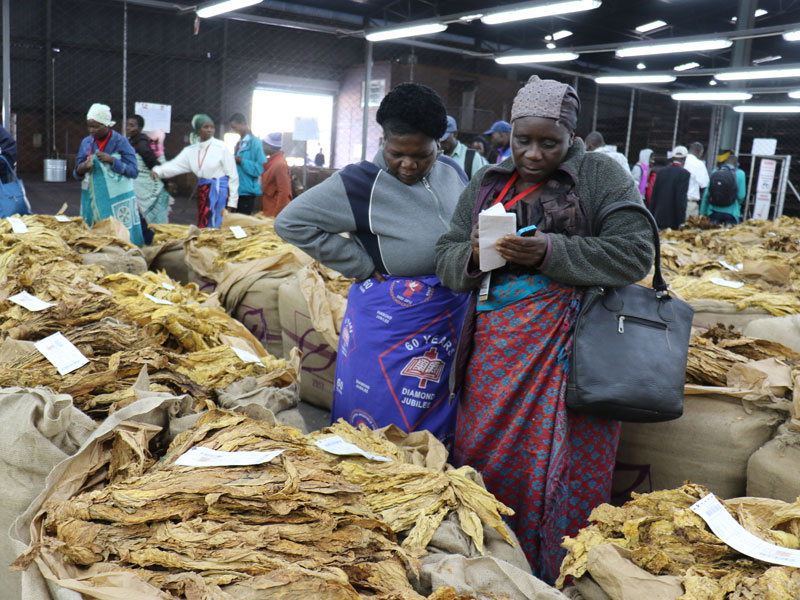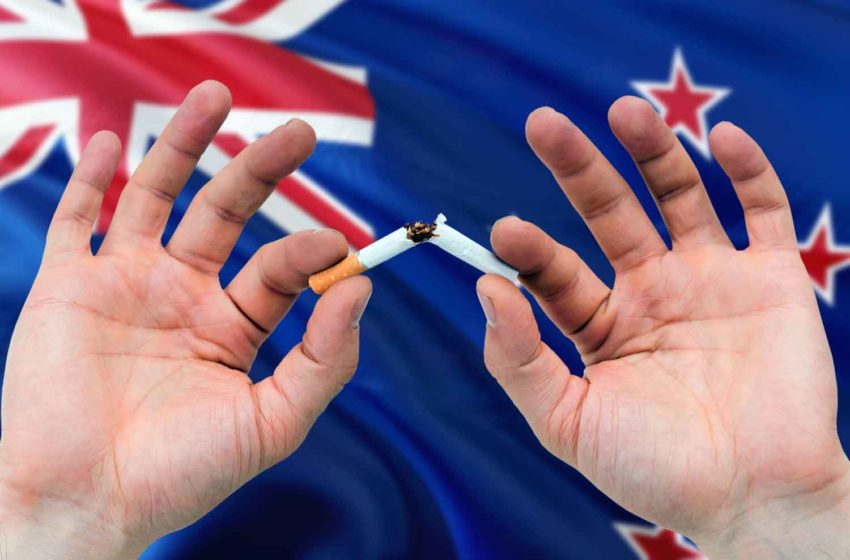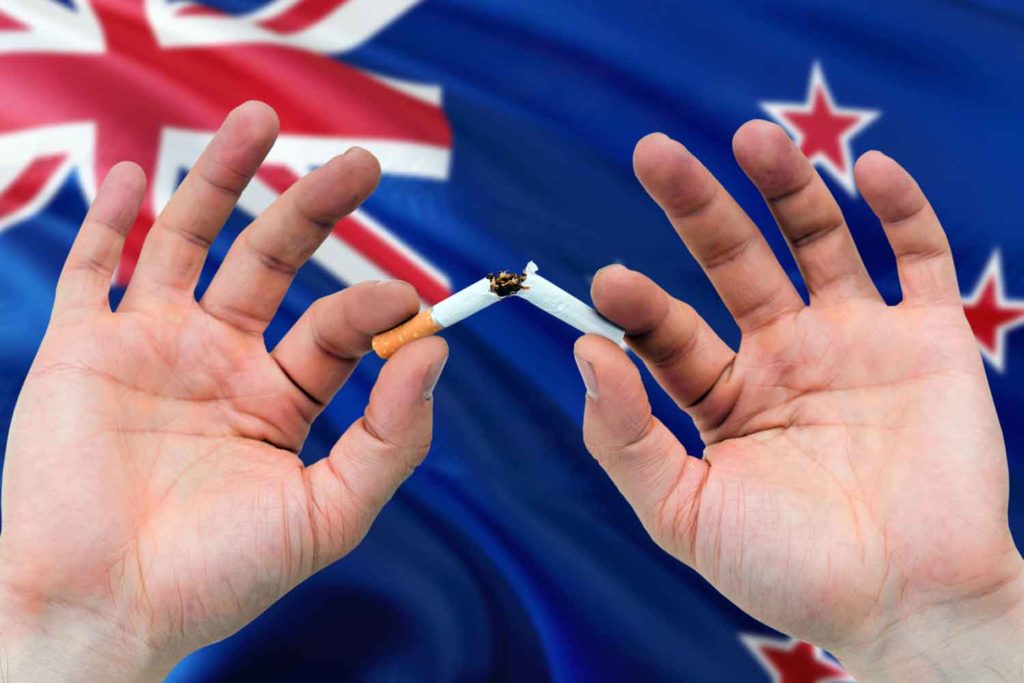
The number of tobacco growers in Zimbabwe has declined by nearly one fifth, reports The Herald, citing the Tobacco Industry and Marketing Board (TIMB).
More than 120,000 people registered to grow tobacco for the current season, compared with 144,462 who registered during the same period last year.
The decline is attributed to the TIMB’s stricter grower vetting process and challenges facing the tobacco industry.
“Many farmers have tried and have fallen short, which is why we have less registered farmers,” said TIMB Public Affairs Officer Chelesani Moyo. “We place more pride in having fewer but legitimate tobacco growers whom we know will follow due diligence in all tobacco production processes and produce tobacco in quality ranges one to three by 2025.”
Tobacco Association Zimbabwe President George Seremwe blamed the decline in registrations on the fact that some farmers had incurred losses during the previous season.
“Too much cartels on one cake in the industry,” he said. “Surrogate contractors short changed farmers last season. We cannot have tobacco farmers not paid from last season up to now.”
Following complaints that some buyers were charging excessive premiums for inputs, manipulating prices and paying late, the TIMB has cracked down on contractors. Recently, the regulator also announced stiffer penalties for side marketing.
In related news, the government has given farmers who are still planting tobacco as a result of erratic rainfall at the start of the current farming season until Jan. 10 to destroy seedbeds.
Under normal circumstances, Zimbabwe requires tobacco farmers to destroy their seedbeds by Dec. 31 each year to prevent the spread of pests and diseases.




